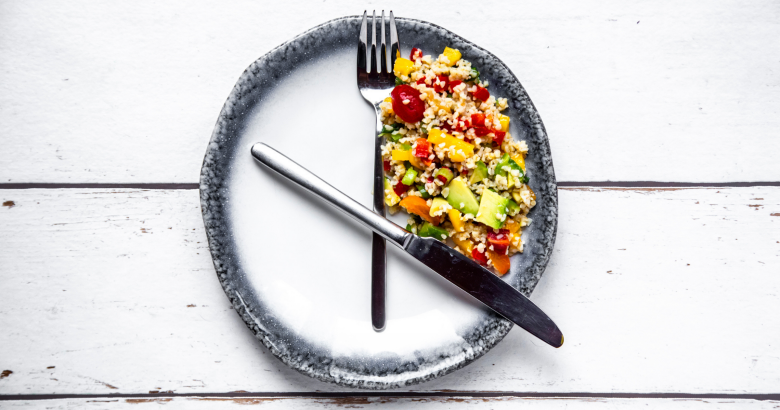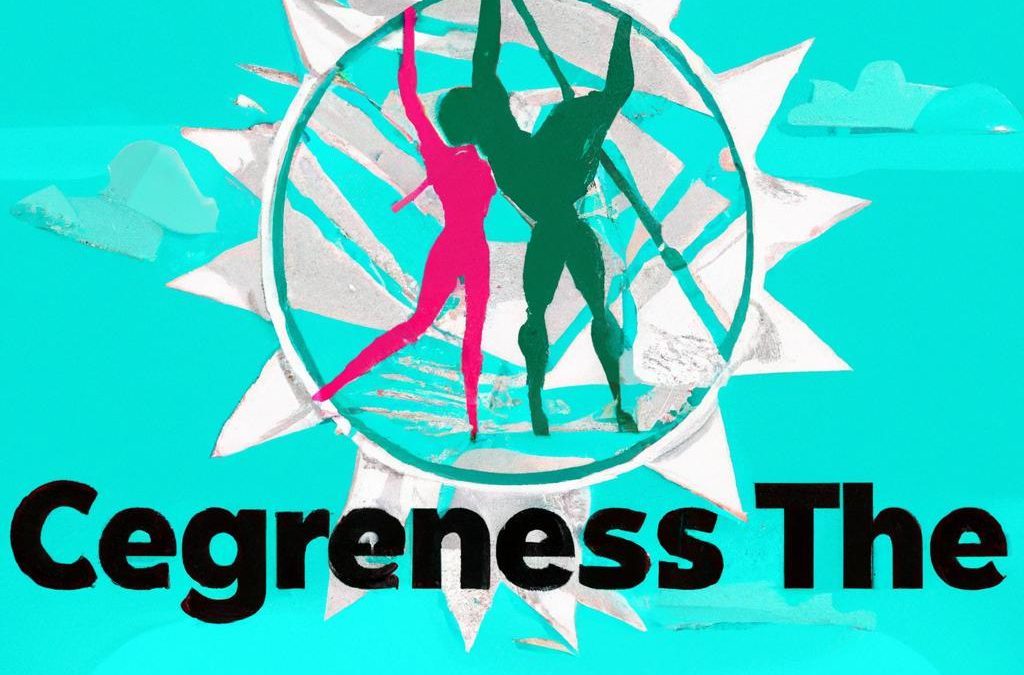
A Google search for “intermittent fasting” yields more than 10 million results. Clearly, people are interested.
If you’re new to the term, here are the basics:
Intermittent fasting: A pattern of eating the focuses on cycling between periods of fasting and periods of healthy balanced eating. The fasting period can vary by person.
The results of intermittent fasting (IF) vary, obviously, because everyone’s bodies work differently. There are tons of factors that go into how a particular eating style impacts a person; you can learn more about IF here. NOTE: If you struggle or have struggled with restrictive diets or EDs, IF may trigger you and is not recommended.
Today, we’re focusing on whether IF is more or less effective depending on gender.
One study conducted by the National Library of Medicine measured glucose response (the ability to break down glucose) in women and men who participated in IF. The study found that after three weeks, women had a slightly worse glucose response than men. Men, on the other hand, had improved insulin sensitivity with their next meal after fasting. Bummer!
It’s important to remember that this is just one study. There is very little data collected on the long-term differences between men and women’s responses to IF. Another study suggests that women release less glucagon — a hormone that helps raise blood sugar when levels are low in and can help you get through tough workouts.
Are there any negative side effects for women that men don’t experience? Not likely. A 2006 study of men and women fasting for 24 hours found that women reported feeling more hungry than men, but it’s the only study of its kind. Take this with a grain of salt!
One thing to note is that if you’re going to take on the IF lifestyle, keep in mind where you are in your menstrual cycle. In general, women feel hungrier and eat more right before their cycle begins. Studies report this is because the female body expends more energy during this time and needs around 90-500 more calories than usual.
If you’re liable to lose iron during menstruation (you know who you are!) then you might want to consider shortening your fasting periods or opting for alternate IF days. Consult with your doctor, as always, before making any significant changes to your diet and lifestyle.










